Postdoctoral Training Program
The Section of Developmental Biology operates an integrated Postdoctoral Training Program in Developmental Biology and Regenerative Medicine. This program provides a mechanism for postdoctoral trainees to mature into successful independent researchers in Developmental Biology and Regenerative Medicine. Trainees are provided salary support in accordance with the NIH pay scale and the University of Colorado offers a full benefits package. The program also provides each trainee with a mentoring committee, funds to attend conferences/courses and networking opportunities in the form of interactions with visiting scientists, national/international collaborations, journal clubs, research interest groups and annual retreats. Interested trainees will also be given opportunities to teach and mentor students as well as to improve writing skills.
Interested candidates should contact a the host lab they are interested in joining. Please submit: 1) a statement explaining interest in the host lab (two-page maximum), 2) a CV and 3) arrange to have three reference letters sent. Each year, a small number of applicants will be appointed as Gates Fellows and have their stipends paid with support from the Gates Frontiers Fund.
For more information, please contact:
Dr. Charles Sagerström, Co-Director of the Postdoctoral Training Program, [email protected]
Dr. Alexa Burger, Co-Director of the Postdoctoral Training Program, [email protected]
To communicate directly with the postdoctoral fellows currently in the Postdoctoral Training Program, please email [email protected].
Current Post-Doctoral Fellows:
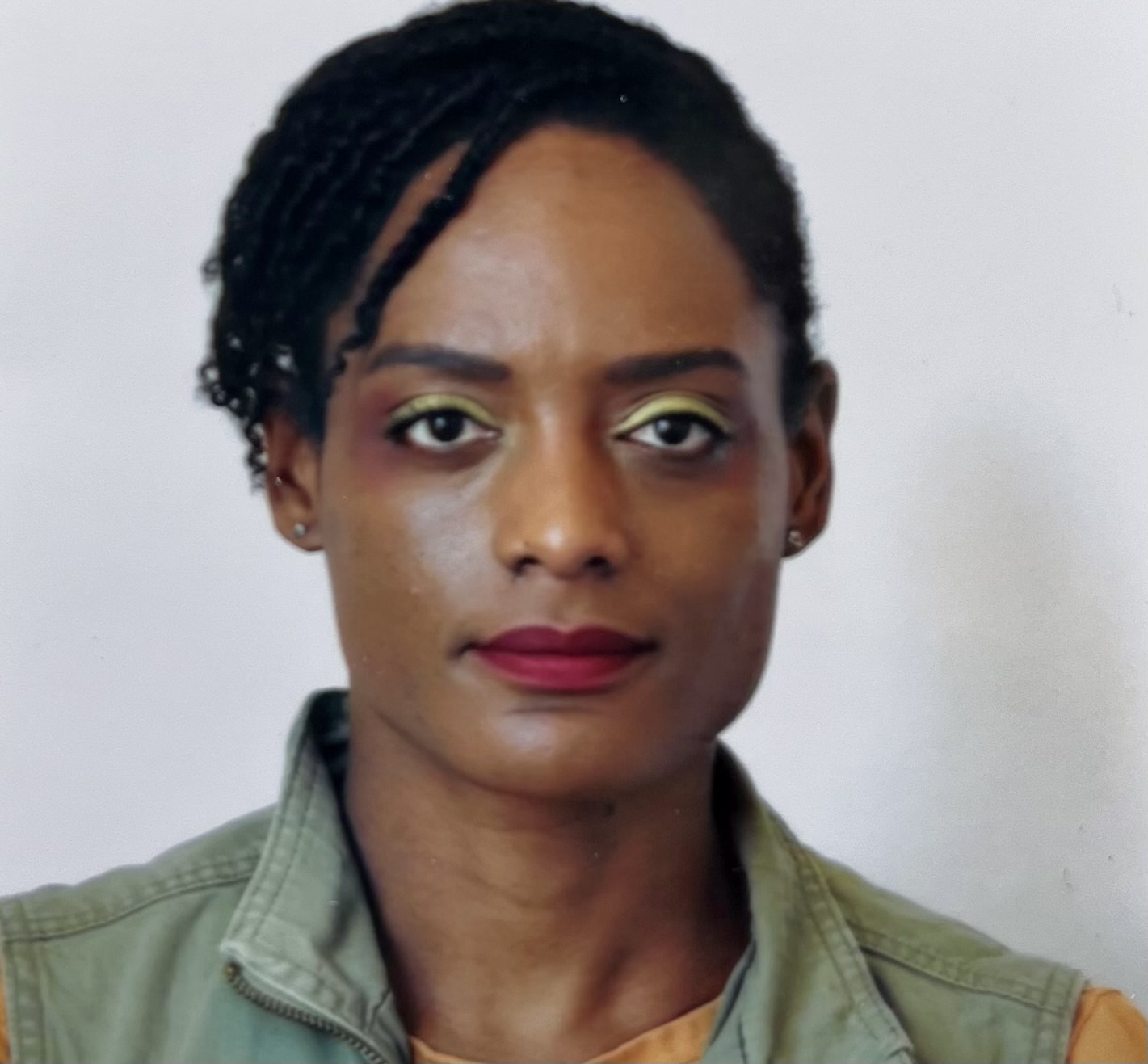
Kadidia Adula, PhD
Hi, my name is Kadidia. I am originally from the Republic of Congo. I lived in France for a few years before moving to New York where I completed my undergraduate studies at Brooklyn College, CUNY. Following graduation, I entered a NIH-funded post-baccalaureate program at Icahn School of Medicine where I investigated epigenetic and mitochondrial changes in models of Multiple Sclerosis. I then moved to Los Angeles to further my graduate education. During my PhD at UCLA, I inquired into the intrinsic pathways regulating axon regeneration in the peripheral nervous system. As a postdoc, I want to research neuro-glial communications. In Bruce Appel’s laboratory here at CU Anschutz, I aim to contribute to our understanding of localized myelin plasticity in response to neuronal activity. My focus will be on elucidating the role of RNA translation in this process. In my free time, I enjoy painting, visiting museums, reading world literature, and tasting ethnic cuisines. Here in Colorado, I plan to become an outdoor enthusiast starting with regular hiking trips.
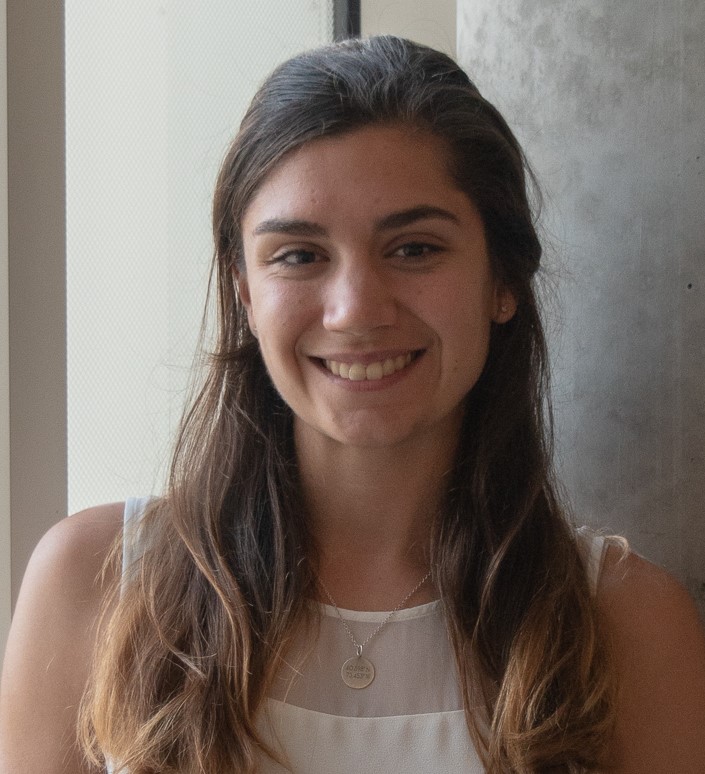
Kim Arena, PhD
My name is Kim Arena and I am a postdoctoral fellow in the Appel Lab. I grew up surrounded by science in Cold Spring Harbor, New York and completed my BS in Biology and Minor in Psychology at Duke University in 2016. As an undergraduate, I worked in Dr. Michel Bagnat’s lab studying notochord development in zebrafish. My love for developmental biology and zebrafish led me to pursue my PhD in Dr. Sarah Kucenas’ lab at the University of Virginia. I completed my doctoral work in 2022, which focused on identifying the cellular and molecular mechanisms that modulate perineurial glial bridging after spinal motor nerve injury in zebrafish. I am excited to continue my developmental biology training here at CU in the Appel Lab, switching my focus back to the central nervous system and investigating the specification of oligodendrocyte progenitor cells. Outside of lab, I enjoy running through the mountains, climbing, spending time with friends, and watching Duke Basketball beat UNC.”
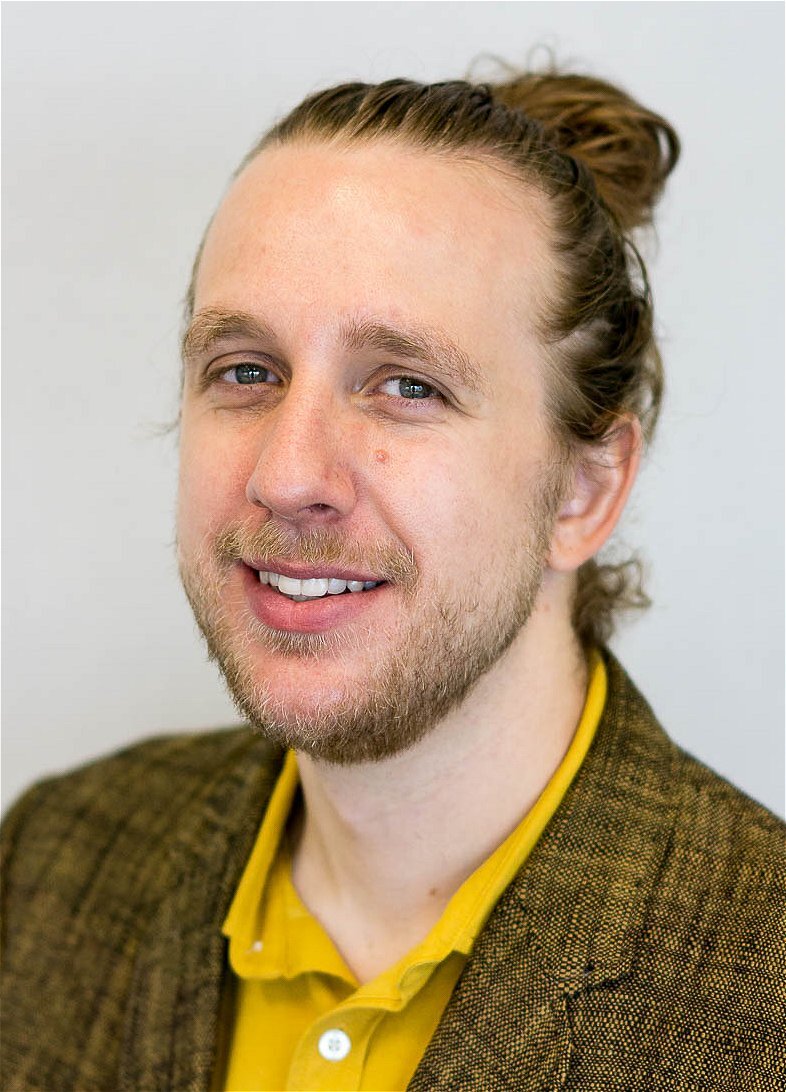
Robert Lalonde, PhD
Hi there! My name is Rob, and I am a postdoctoral fellow working in Dr. Christian Mosimann’s lab, within the Department of Pediatrics at CU Anschutz. Using zebrafish as a model, my research focuses on the development and evolution of the lateral plate mesoderm (LPM). Using primarily transgenic, and genome-editing based techniques, we seek to understand how the LPM is first patterned during development, and then trace how it contributes to various adult organs and tissues. I am currently a Canadian citizen working at CU Anschutz on a J-1 visa. I did all my previous years of schooling in Canada before deciding to pursue a postdoctoral appointment in the US. I sought a postdoctoral position at CU Anschutz due to the research focus and pedigree of Dr. Mosimann and his lab, however the opportunity of living in Denver is also something that was highly motivating. I am big believer in work-life balance, and I feel you need to situate yourself somewhere where you can be happy (ie. near mountains). This will ultimately translate into a healthier and more productive lab life. I am a cat dad to two furry lumps, an amateur gardener, and a vintage video game enthusiast. Oh, and a beyond stereotypical Canadian hockey fan🍁.
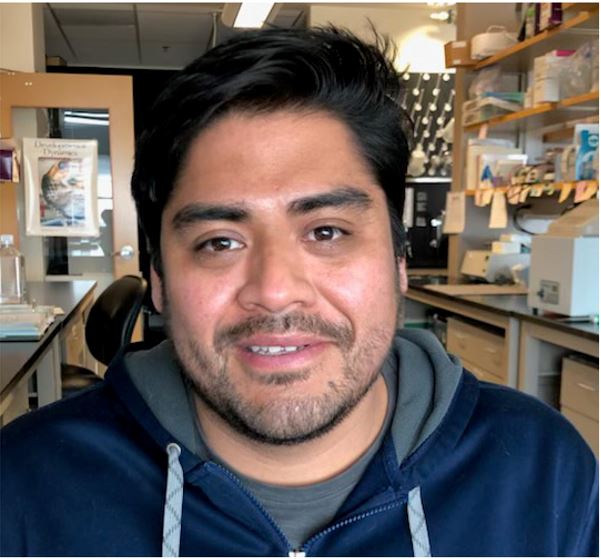
Oscar Mendez, PhD
Hello, my name is Oscar and I am a postdoctoral fellow in the Appel lab. I received my BS in biology from the University of California, Irvine. During my time as an undergraduate and technician I worked on how complement proteins could modulate axon regeneration after a spinal cord injury. I then did my graduate work at the University of Arizona and received my PhD in 2020. My graduate work entailed defining the localization of the ubiquitous parasite Toxoplasma gondii in the mouse brain and determining the electrophysiological changes to neurons after an infection. Now in the Appel lab I want to know how the complement components C1q and C3 can modulate myelin in the developing spinal cord. In my free time I enjoy watching a wide range of films, the occasional hike, and going to live music.
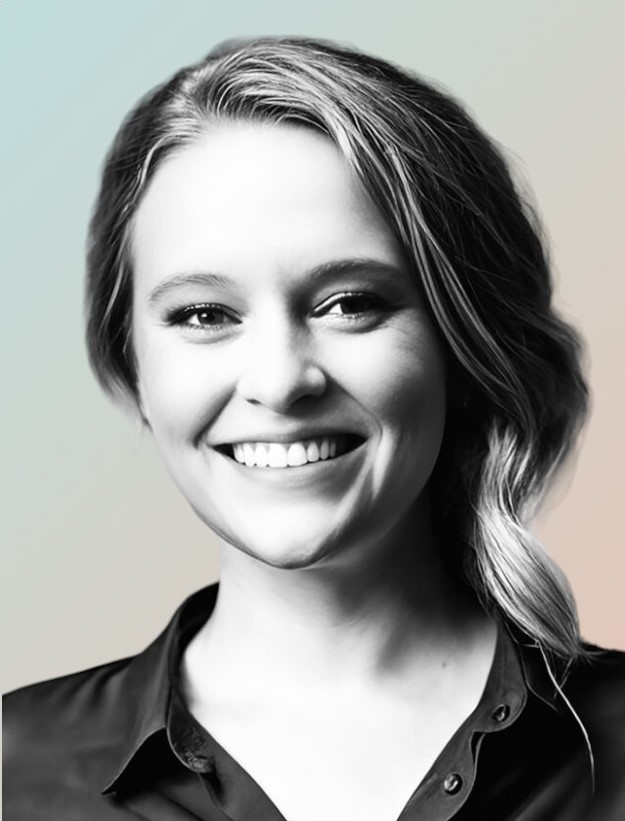
Anne Meyer, PhD
Hey there! My name is Anne Meyer and I am a postdoctoral fellow in Dr. Peter Dempsey’s lab. I grew up in Castle Rock, Colorado before obtaining my bachelor’s degree in Molecular, Cellular and Developmental Biology from the University of Colorado at Boulder in 2015. After leaving Colorado, I found a home in the Interdisciplinary Graduate Program in Biomedical Sciences at Vanderbilt University where I completed my doctoral training in Cell and Developmental Biology. Under the mentorship of Dr. Jim Goldenring, my doctoral research focused on the coordinated response to injury in the stomach and the development of precancerous lesions. I returned to Colorado and joined the Dempsey lab in the Department of Pediatrics at CU Anschutz in September of 2020. Now, my research is centered on intestinal development, homeostasis, regeneration, and disease utilizing both mouse and organoid model systems. Outside of the lab, I enjoy playing volleyball, hiking, baking, board games and puzzles, painting, and spending time with friends, family, and my dog Jackson.
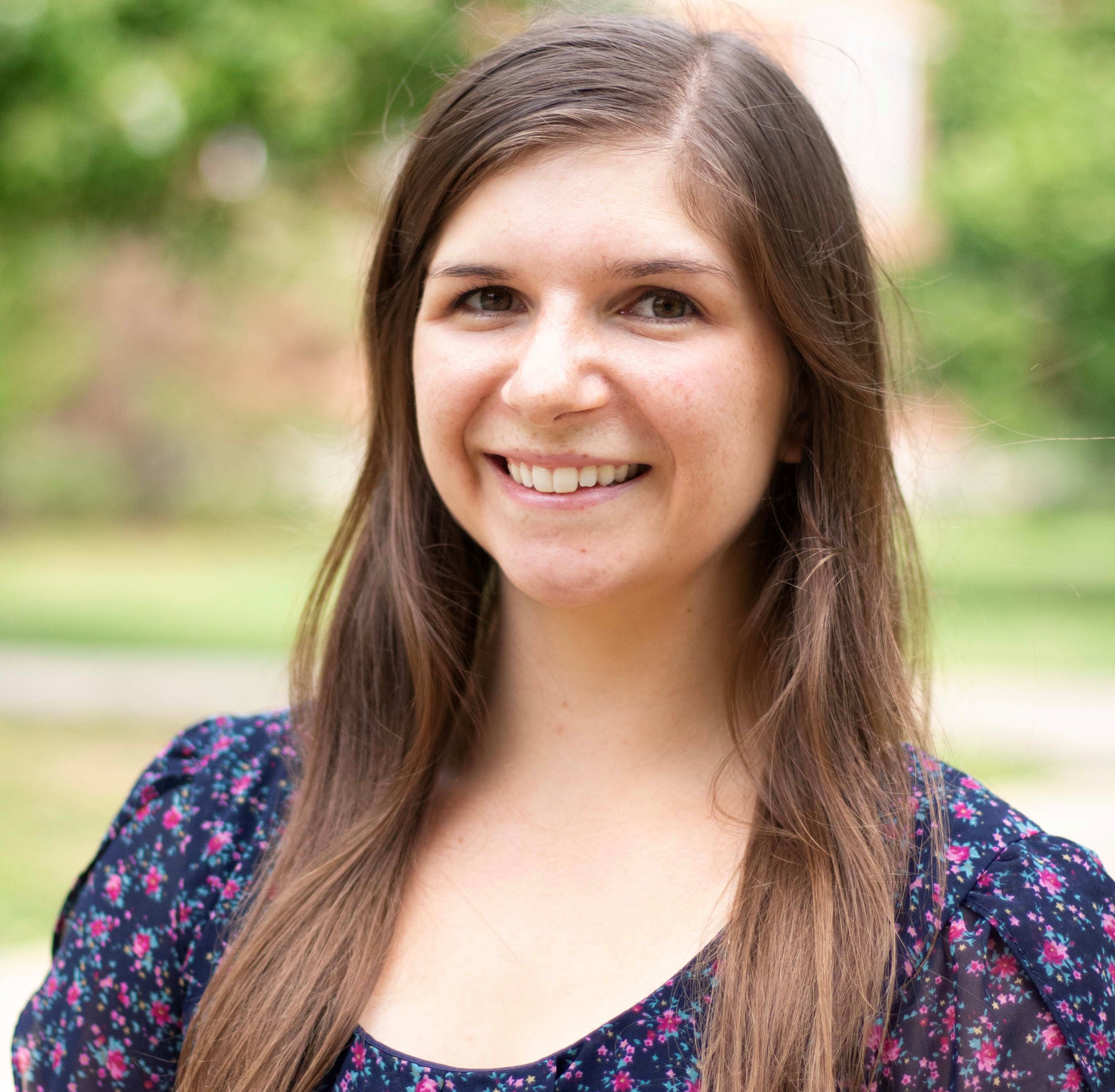
Katie Ranard, PhD
Hi there! My name is Katie Ranard, and I’m a postdoctoral fellow in the Appel lab. I grew up in Newton, Iowa and completed my BS in Nutritional Sciences at Iowa State University in 2015. I then moved one state away for my PhD in Nutritional Sciences at University of Illinois, Urbana-Champaign. During my PhD, I studied the effects of natural vs. synthetic vitamin E in the murine central nervous system. After graduating in December 2020, I became a postdoc at University of Illinois, where I defined a simple and reliable intestinal health assessment tool for young pigs and chickens. Getting my feet wet with neuroscience research during my PhD sparked my current research interests and my transition to the Appel lab at CU Anschutz. Broadly, I’m interested in studying the mechanisms of nutrients in the developing brain & spinal cord using the zebrafish model system. Outside of the lab, I enjoy weightlifting and hiking, solving puzzles, and watching classic/foreign films.
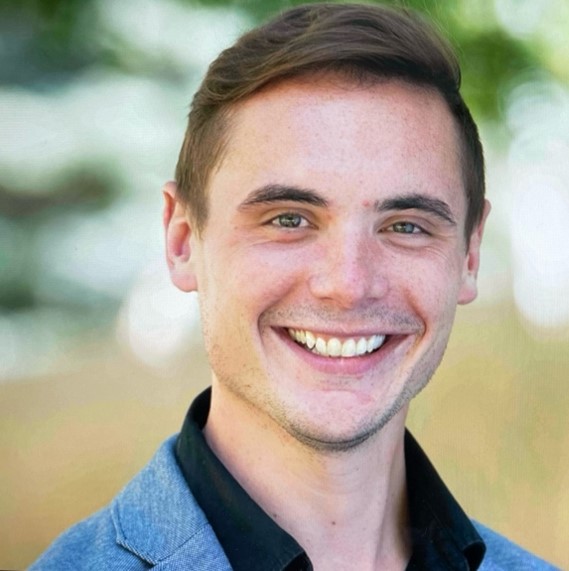
Austin Adkins, PhD
Hi! I’m Austin Adkins, a postdoctoral fellow in Charles Sagerström's lab in the Section. Originally from Southwest Virginia, I moved to Norfolk, VA, for my higher education. I began studying marine biology at Old Dominion University but later transitioned to biomedical research. I earned my master’s and PhD in Neuroscience, focusing on the interactions between the sleep and neuroimmune systems using rodent models, especially under homeostatic and stress conditions. My research has allowed me to collaborate with the NIH, DoD, and NASA on various projects.
At CU-Anschutz, my current work investigates how disruptions in embryogenesis contribute to intellectual and neurodevelopmental disabilities, as well as increased susceptibility to neurodegenerative and neuropsychiatric disorders later in life. These conditions often share overlapping cellular and molecular mechanisms that remain only partially understood. My goal is to uncover how changes in gene expression during embryonic development impact long-term physiological and behavioral outcomes.
Outside of the lab, I enjoy biking, hiking, fishing, and going on adventures with my two dogs! If you're seeking a welcoming, vibrant community that values work-life balance amidst beautiful natural surroundings and a wide range of activities, Anschutz is the perfect place!
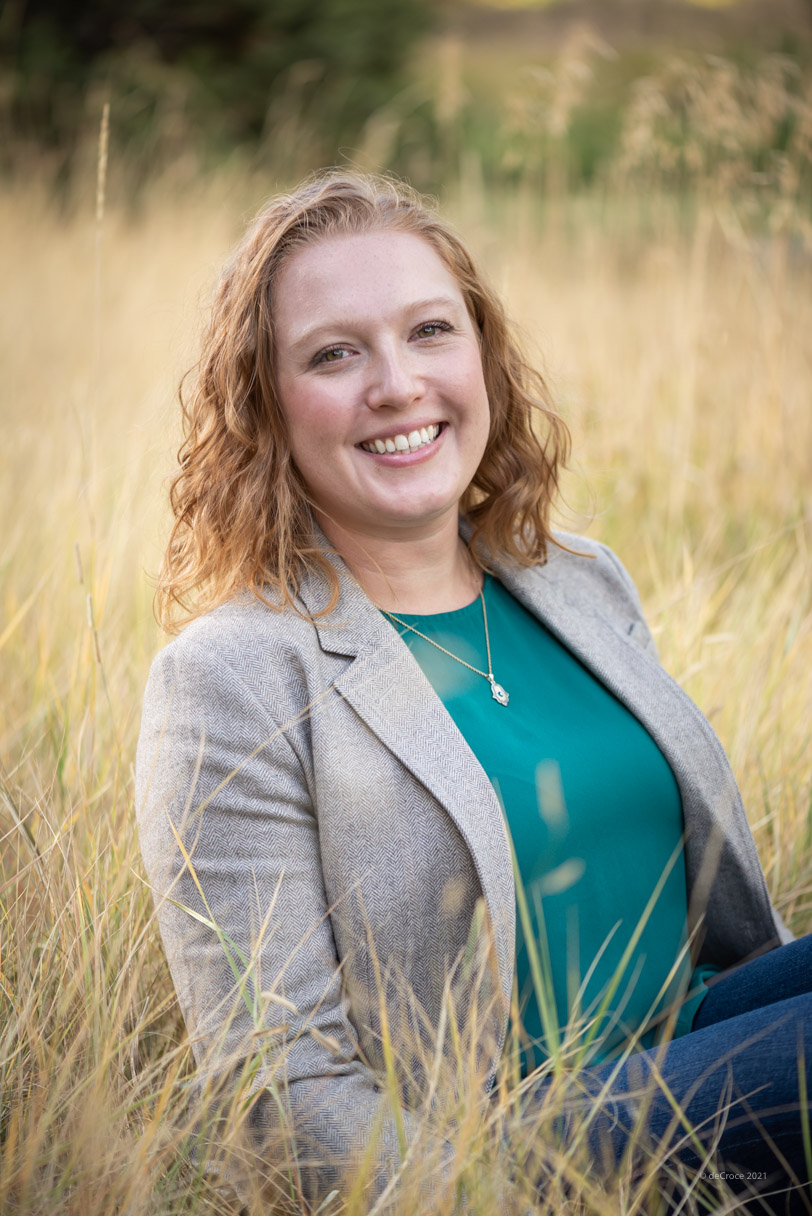
Hannah Jones, PhD
Hello! My name is Hannah, and I am a postdoctoral fellow in the Siegenthaler Lab. I’m originally from Baltimore, MD, and I received my B.S. in Molecular & Cellular Biology from Johns Hopkins University in 2017. During my time at JHU, I conducted undergraduate research on how endothelial cells sense environmental cues like blood flow and substrate stiffness to guide blood vessel formation.
I later joined the Cell Biology, Stem Cells, and Development (CSD) PhD program at the University of Colorado Anschutz Medical Campus. My deep interest (and perhaps obsession!) with vascular development led me to Dr. Julie Siegenthaler’s lab, where my graduate work focused on the development of perivascular fibroblasts associated with brain vasculature. As a graduate student, I uncovered the developmental origins and cellular mechanisms that drive perivascular fibroblast development.
Now, as a postdoc in the Siegenthaler lab, I am continuing my research on perivascular fibroblasts, focusing on the molecular mechanisms that regulate their development and their response to perinatal infection.
Outside of the lab, I enjoy outdoor activities like hiking, running, and skiing, as well as indoor hobbies like reading, cooking, and spending time with my cats.
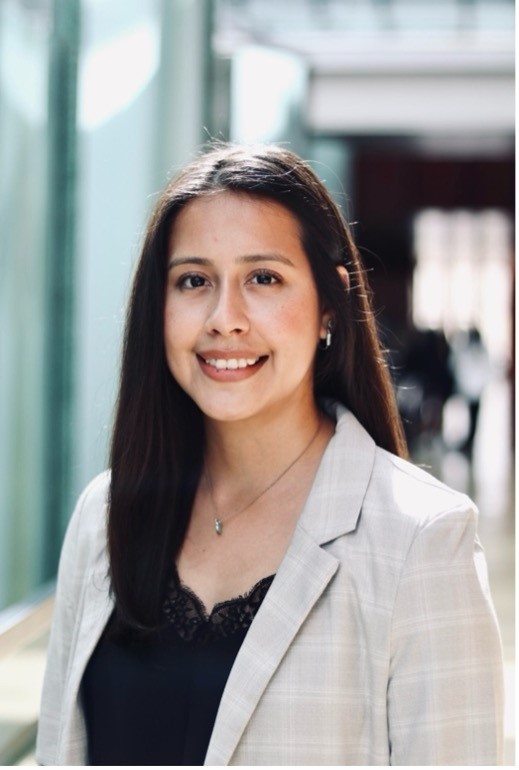
Jenn Jaime, PhD
Hey there! My name is Jenn Jaime, and I am a postdoctoral fellow in Dr. Jen McKey’s lab. I grew up in Denver, Colorado, and received my bachelor’s degree in psychology and neuroscience from the University of Colorado, Denver, in 2019. That same year, I joined the Neuroscience Graduate Program at the University of Michigan and became a member of Dr. Sue Moenter’s lab. During my PhD, I studied the intrinsic properties of gonadotropin-releasing hormone (GnRH) neurons across development and how these properties are altered in a mouse model of polycystic ovary syndrome (PCOS).
In 2024, I began my postdoctoral training at CU Anschutz in the McKey lab, where we study the perinatal determinants of female fertility, focusing on the architectural establishment and functional differentiation of the mammalian ovary.
Outside of the lab, I enjoy watching sports, running, hiking, reading, and spending time with friends and family.
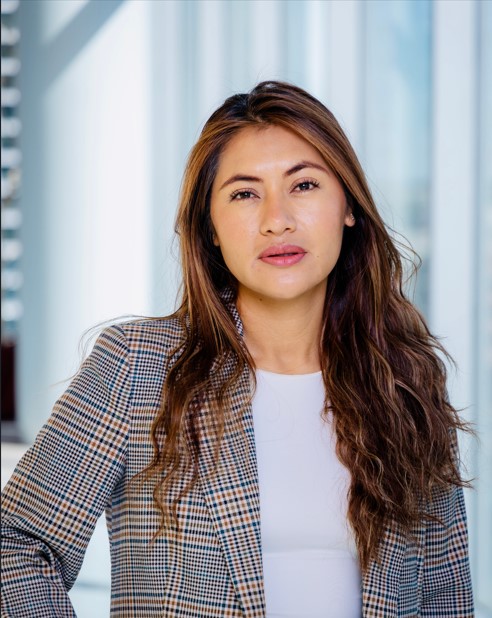
Marycruz Flores-Flores, PhD
Postdoctoral fellow in Dr. Christian Mosimann’s lab. Originally from Puebla, Mexico, I began my academic journey at Benemérita Universidad Autónoma de Puebla, where I studied the role of purinergic receptors and their dual functions in breast and prostate cancer cell lines. Later, I moved to Mexico City to pursue my master’s and doctoral studies in the Department of Physiology, Biophysics, and Neurosciences at CINVESTAV. My master’s thesis described how oriented cell division is established during organ development, while my PhD thesis focused on how robustness is acquired during cell differentiation, using Drosophila melanogaster wing development as a biological model.
In the Mosimann lab, my research focuses on how bioelectricity drives the development of the lateral plate mesoderm (LPM), using zebrafish as a model. By combining transgenesis with fluorescent reporters, we aim to understand how resting membrane potential patterns are established during early development. When I moved to Denver, I didn’t know about all the outdoor activities the city offers; now, I’m excited to explore them. Outside of the lab, I love watercolor and acrylic painting—anything with color! I also enjoy cooking and traveling solo.
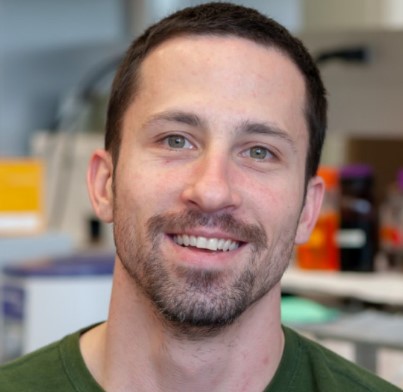
Ryan Finnerty, PhD
After my five-year service in the United States Marine Corps as a cryogenic technician, I attended Iowa State University to obtain my bachelor’s degree in Biochemistry. During my time at Iowa State University, I assisted a graduate student, Tibebe A Teklemariam, in Dr. Scott Nelson's lab in identifying notable inhibition sites of the Mre11/Rad50 (MR) complex (DNA repair enzyme).
During my graduate studies at Washington State University and the University of Missouri-Columbia, I became adept in systems biology, specifically focusing on the oviduct during pre-implantation development. Dr. Wipawee Winuthayanon and I integrated 3 independent bioinformatic techniques (bulk-RNA sequencing, single-cell sequencing, proteomics (LC-MS/MS)) to establish a large public database elucidating adaptive responses in the oviduct during fertilization and pre-implantation development over 4 sequential days.
I am excited about my next opportunity as a postdoctoral researcher to study uterine remodeling with Dr. Elle Roberson!
Outside the lab I enjoy gaming, reading, scheming science, listening to music, and exercising.